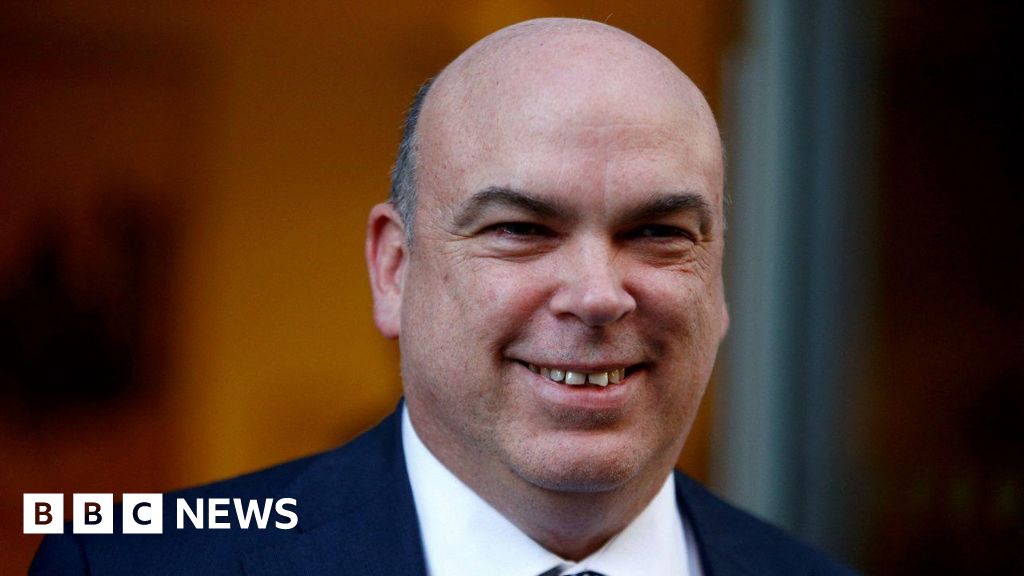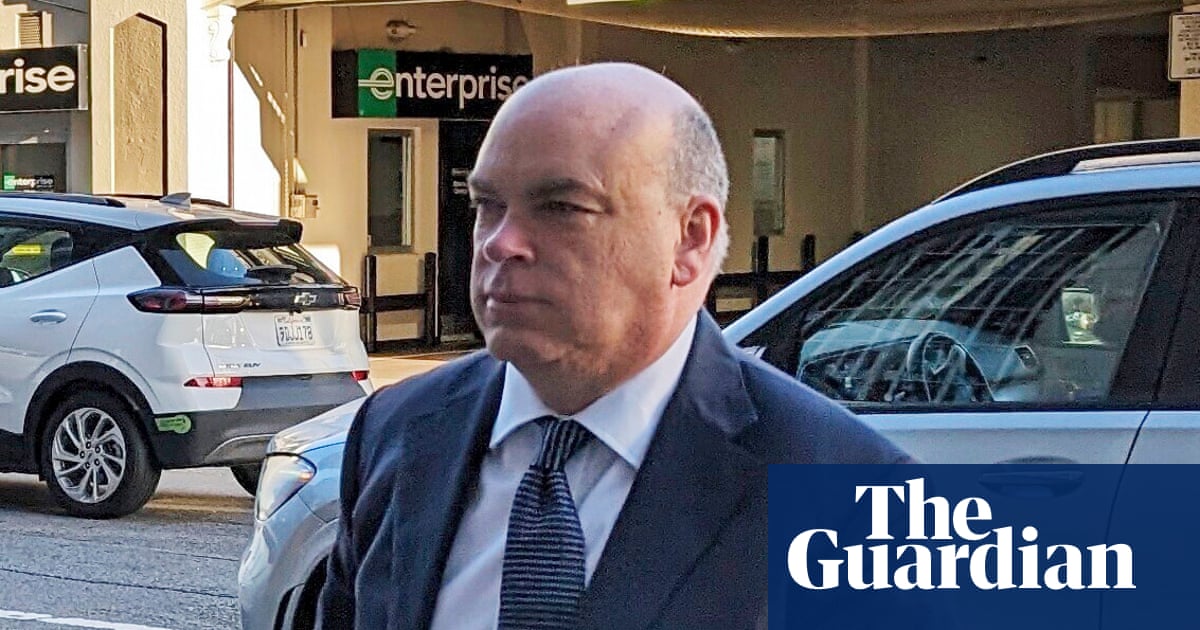A recent ruling by a UK court has found Hewlett Packard Enterprise entitled to over £700 million (approximately $940 million) from the estate of the late tech mogul Mike Lynch. This significant judgment
Did You Know
The shortest war lasted 38 minutes.
?
AD
is rooted in allegations that Lynch and his former CFO misrepresented the value of Autonomy, the software company they led, during its controversial acquisition by HP in 2011. The decision marks a pivotal moment in a legal battle that has unfolded in the wake of Lynch’s tragic death in a yacht accident last year.
The court's ruling illustrates the severe repercussions of corporate fraud, particularly in the fast-paced tech sector, where valuations can be influenced by misrepresentation and deceptive practices. HP’s allegations suggested that inflating Autonomy's worth ultimately led to substantial financial losses for the company, sparking a protracted legal dispute that has now reached this consequential conclusion. While the ruling affirms the need for accountability in the tech industry, it also raises pressing questions about the ethical responsibilities of executives during major corporate transactions.
The ramifications of this judgment extend beyond financial implications, as Lynch's estate may face bankruptcy due to the large compensation required by the court. As the legal saga continues, it serves as a cautionary tale for those in the business world, emphasizing the importance of transparency and integrity. This case not only highlights the troubled legacy of Autonomy but also reinforces the need for robust corporate governance, ensuring that future acquisitions do not fall victim to similar pitfalls.
Q&A (Auto-generated by AI)
What led to the HP-Autonomy acquisition?
Hewlett-Packard (HP) acquired Autonomy in 2011 for approximately $11 billion, aiming to enhance its software capabilities, particularly in data analytics and enterprise search. This acquisition was part of HP's strategy to transition from hardware to software and services. However, it later emerged that Autonomy had allegedly inflated its financial figures, leading to significant losses for HP.
Who was Mike Lynch and what was his role?
Mike Lynch was the founder and CEO of Autonomy, a British software company known for its advanced data analytics capabilities. He was a prominent figure in the tech industry and was celebrated for his entrepreneurial success. Lynch's leadership at Autonomy was pivotal, but following the HP acquisition, he faced allegations of fraud regarding the company's financial practices.
What were the allegations against Mike Lynch?
Mike Lynch was accused of inflating Autonomy's financial performance prior to its sale to HP. The allegations included misleading HP about the company's revenue and profitability, which ultimately led to HP losing hundreds of millions of dollars. These claims resulted in a legal battle, with HP seeking compensation from Lynch's estate after his death.
How did the court reach its ruling?
The UK High Court ruled that HP was owed over £700 million from Mike Lynch's estate based on evidence presented during the trial. The court found that Lynch and his former business partner had engaged in fraudulent activities that misrepresented Autonomy's financial health. The judgment followed extensive legal proceedings, including testimonies and financial analyses.
What is the significance of the £700m figure?
The £700 million figure represents the financial compensation that HP is entitled to recover due to the alleged fraud committed by Mike Lynch and his associates. This amount reflects the substantial losses HP incurred following the acquisition of Autonomy, highlighting the severity of the case and the financial impact on HP's operations.

















